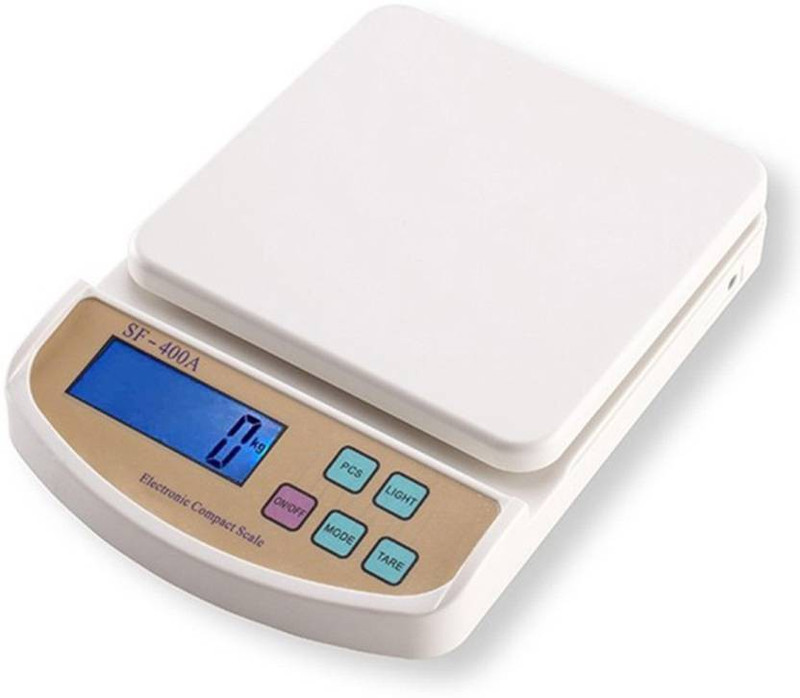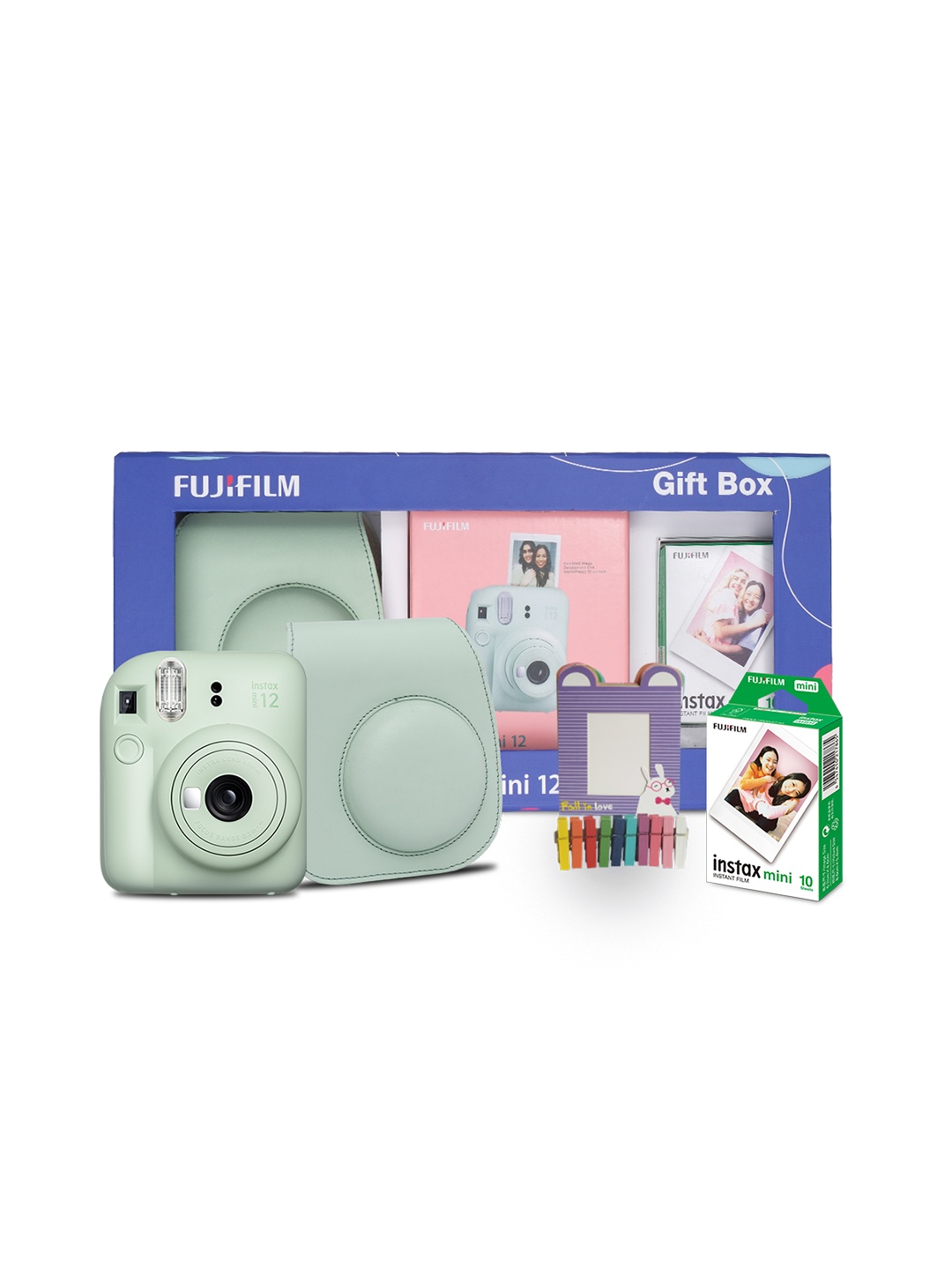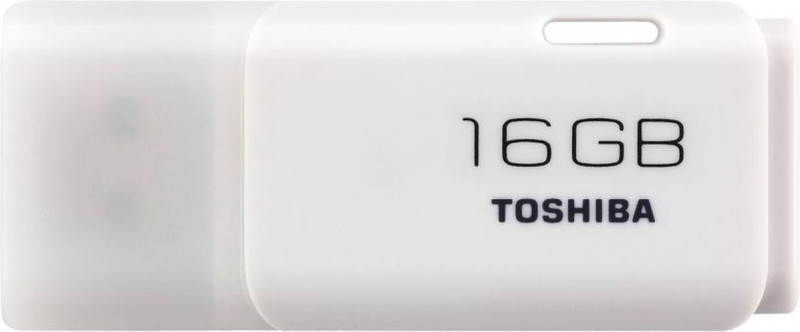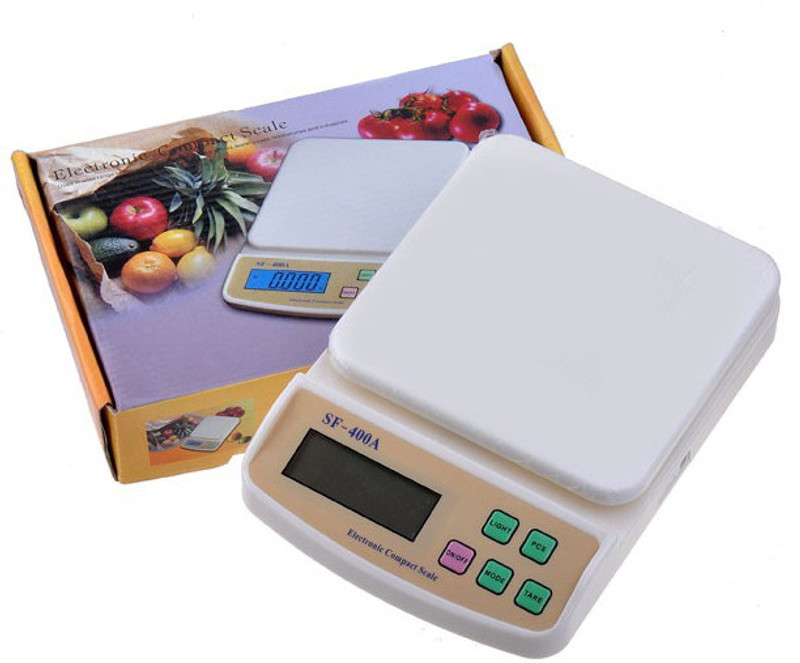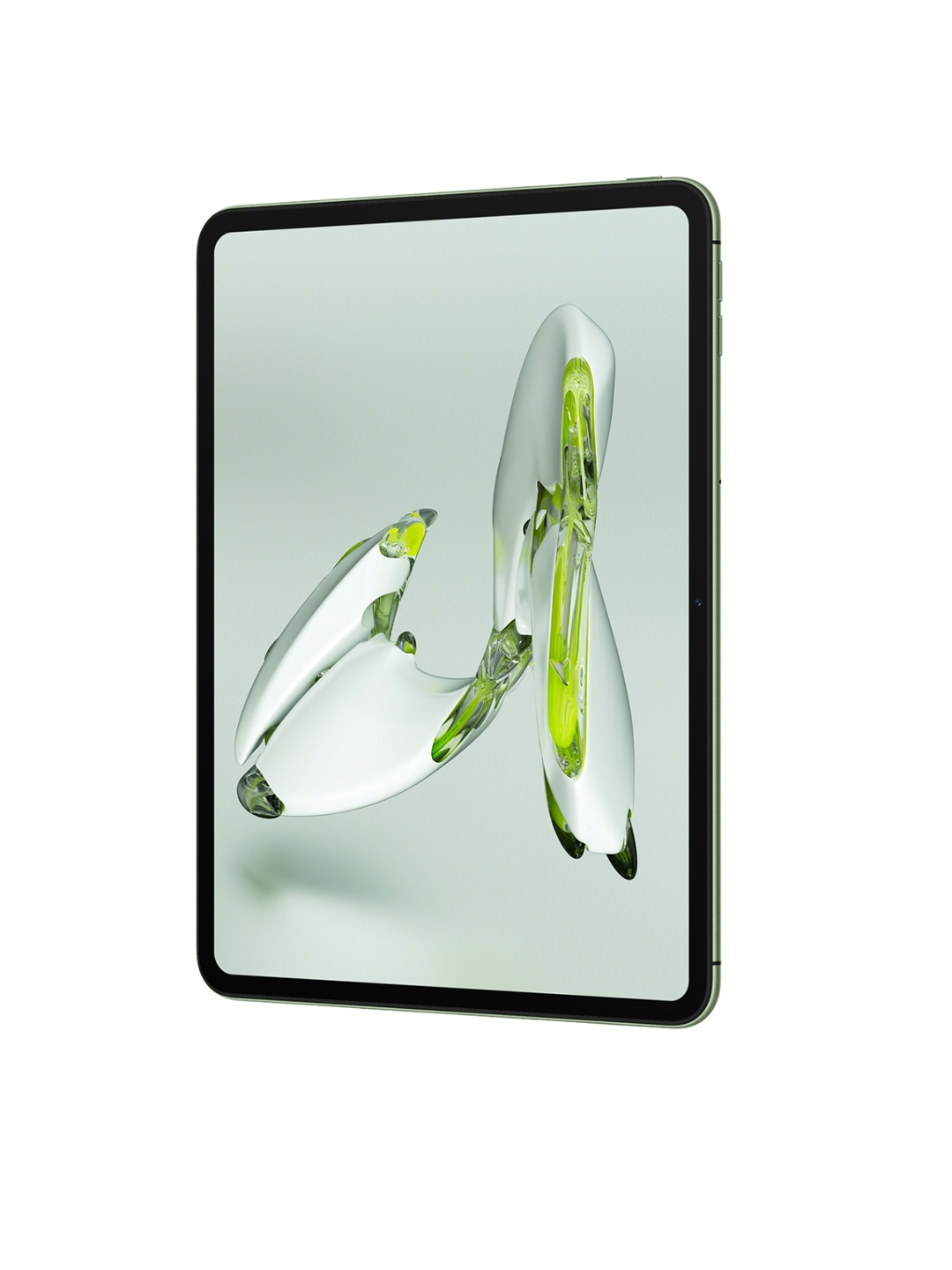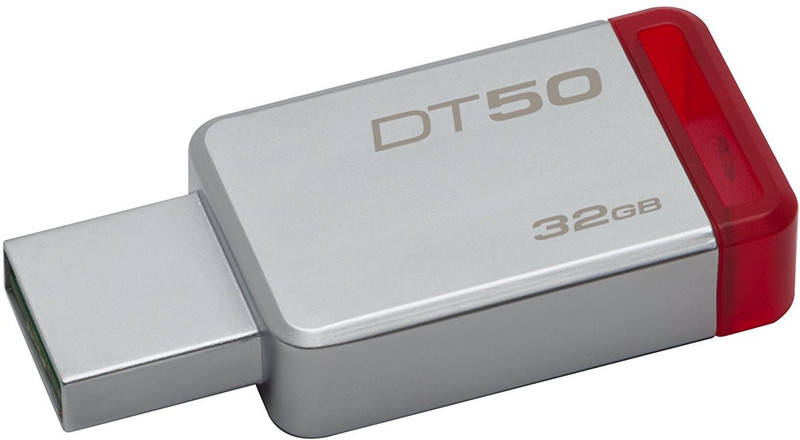What Is The Best Way To Store And Preserve Luxury Handbags?

Luxury handbags are not just fashion statements, but investments that require proper care and storage to maintain their value and longevity. Whether you're a seasoned collector or a first-time buyer, it's essential to know the best ways to store and preserve your luxury handbags. Proper storage and care can help prevent damage, maintain the material's quality, and ensure that your handbag remains a treasured possession for years to come. Let's explore the top tips and tricks for keeping your luxury handbags in pristine condition, from cleaning and stuffing to storing and maintaining.
Also Read: Why Some Handbags Look Luxurious: Even When They're Not Designer
1. Cleanliness Is Key
Before storing your luxury handbag, it's crucial to clean it thoroughly. Use a soft, dry cloth to wipe away any dirt or debris. For tougher stains, use a gentle cleaning solution specifically designed for the type of material your handbag is made of. For example, if you have a leather handbag, use a leather cleaner and conditioner to keep the material supple and moisturised. Avoid using harsh chemicals or abrasive materials that can damage the handbag's surface.
2. Stuffing And Shaping
To maintain the shape of your luxury handbag, it's essential to stuff it with acid-free tissue paper or a clean, dry cloth. This will help prevent creases and wrinkles from forming. For handbags with structured shapes, use a sturdy insert or a box to maintain the shape. For example, the iconic Chanel Classic Flap handbag can be stuffed with tissue paper and placed in a box to maintain its shape.
3. Storage Materials
When it comes to storing luxury handbags, the right materials can make all the difference. Use breathable storage bags or boxes that allow for airflow and won't trap moisture. Avoid using plastic bags or containers that can cause moisture buildup and damage the handbag's material. For example, the dust bag that comes with a luxury handbag is designed to protect it from dust and light, making it an ideal storage solution.
4. Climate Control
Luxury handbags can be sensitive to extreme temperatures and humidity levels. Store your handbags in a cool, dry place away from direct sunlight and moisture. Avoid storing handbags in attics, basements, or closets that are prone to dampness. For example, a climate-controlled storage unit or a closet with a dehumidifier can provide the perfect environment for storing luxury handbags.
5. Protection From Light
Light can cause colours to fade and materials to degrade. Store your luxury handbags away from direct sunlight and use UV-filtering window treatments or storage bags to block out harsh light. For example, the Louis Vuitton Monogram pattern can fade over time if exposed to direct sunlight, so it's essential to store these handbags in a shaded area.
6. Avoiding Pilling And Snagging
Pilling and snagging can occur when handbags are stored in close proximity to each other. Use individual storage bags or boxes to prevent friction and damage. For example, storing a delicate silk handbag next to a rough-textured handbag can cause pilling or snagging, so it's best to store them separately.
7. Handling And Maintenance
Handle your luxury handbags with care, and avoid touching the interior or exterior excessively. Oils from your skin can cause stains and damage. Regularly inspect your handbags for signs of wear and tear, and address any issues promptly. For example, if you notice a scratch on your handbag's metal hardware, have it repaired by a professional to prevent further damage.
8. Storage Options
Consider investing in a luxury handbag storage system or shelving unit specifically designed for handbags. These systems provide individual compartments and breathable materials to keep your handbags organised and protected. For example, a handbag storage system with adjustable shelves and compartments can accommodate handbags of various sizes and shapes.
9. Travelling With Luxury Handbags
When travelling with luxury handbags, use a sturdy, protective case or bag to prevent damage. Avoid checking handbags at airports, and keep them with you at all times. For example, investing in a high-quality travel case for your luxury handbag can provide peace of mind and protection during transit.
10. Professional Restoration
If your luxury handbag requires restoration or repair, consider consulting a professional. Many luxury brands offer restoration services, or you can seek out reputable third-party repair shops. For example, a professional can restore a vintage handbag's leather or repair damaged hardware, extending its lifespan.
11. Insurance And Appraisal
Consider insuring your luxury handbags against loss, theft, or damage. Have your handbags appraised regularly to ensure you have accurate valuations. For example, many insurance companies offer specialised policies for luxury items, providing peace of mind and financial protection.
12. Record Keeping
Keep detailed records of your luxury handbags, including receipts, appraisals, and maintenance records. This will help you track the history and value of your handbags. For example, keeping a record of your handbag's serial number, purchase date, and price can help you prove
Products Related To This Article
1. GUESS Brand Logo Printed Structured Shoulder Bag
2. Victoria's Secret Textured PU Half Moon Shoulder Bag
3. GUESS Quilted Textured Structured Shoulder Bag
4. Lacoste Printed Shopper Tote Bag
5. NR By Nidhi Rathi Geometric Printed Structured Handheld Bag
6. GUESS Textured Structured Quilted Sling Bag
7. GUESS Textured Structured Handheld Bag
8. Victoria's Secret PU Structured Sling Bag
9. GUESS Black Geometric Printed PU
10. GUESS Women Geometric Textured Structured Hobo Bag
Frequently Asked Questions (FAQs)
1. How often should you clean your luxury handbag?
It's best to clean your luxury handbag regularly, depending on how often you use it. For example, if you use your handbag daily, you may need to clean it every few weeks.
2. Can you store your luxury handbag in a plastic bag?
No, it's not recommended to store luxury handbags in plastic bags, as they can trap moisture and cause damage. Instead, use breathable storage bags or boxes.
3. How can you prevent your luxury handbag from fading?
To prevent fading, store your luxury handbag away from direct sunlight and use UV-filtering window treatments or storage bags.
4. Can you repair your luxury handbag myself?
It's not recommended to attempt to repair your luxury handbag yourself, as this can cause further damage. Instead, consult a professional repair service or the luxury brand's restoration department.
5. How can you ensure your luxury handbag retains its value?
To ensure your luxury handbag retains its value, store it properly, keep it clean and conditioned, and avoid exposing it to extreme temperatures or humidity levels. Regularly appraising your handbag can also help maintain its value.
Investing in luxury handbags is a significant investment in your personal style and wardrobe. By taking the time to properly care for and store your handbags, you can enjoy them for years to come and pass them down to future generations.
Disclaimer: The images used in this article are for illustration purposes only. They may not be an exact representation of the products, categories, and brands listed in this article.












